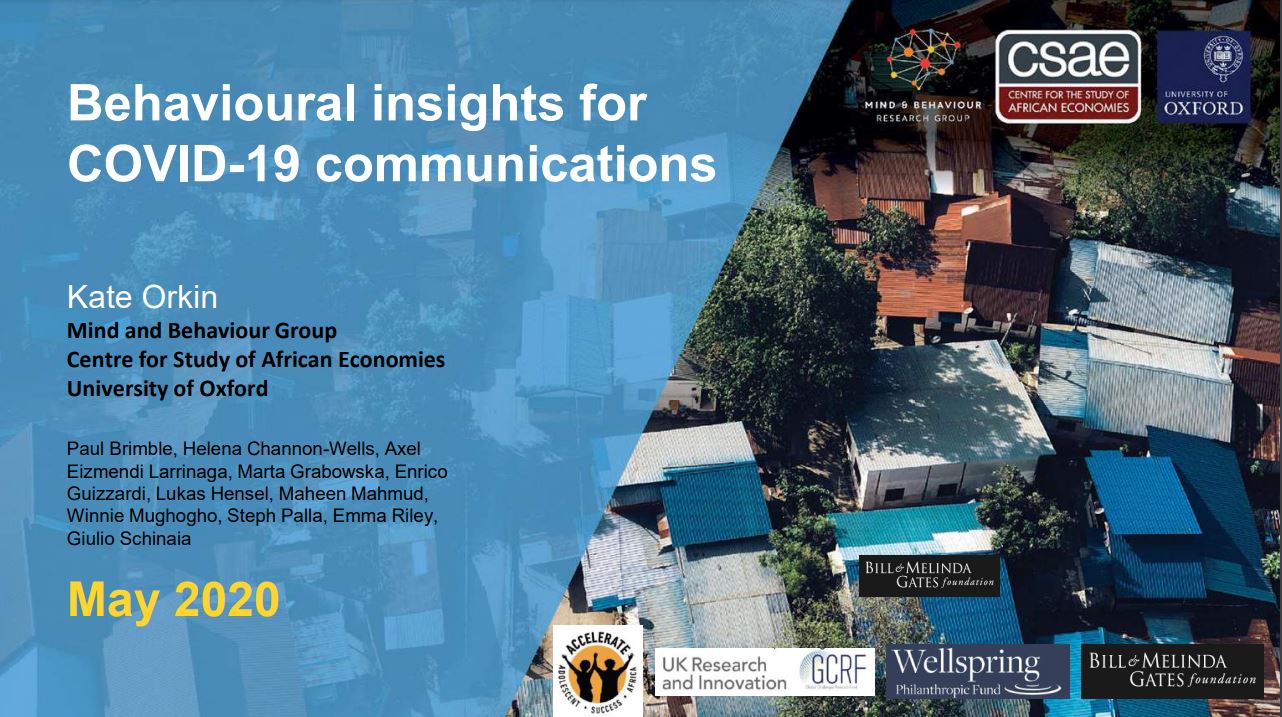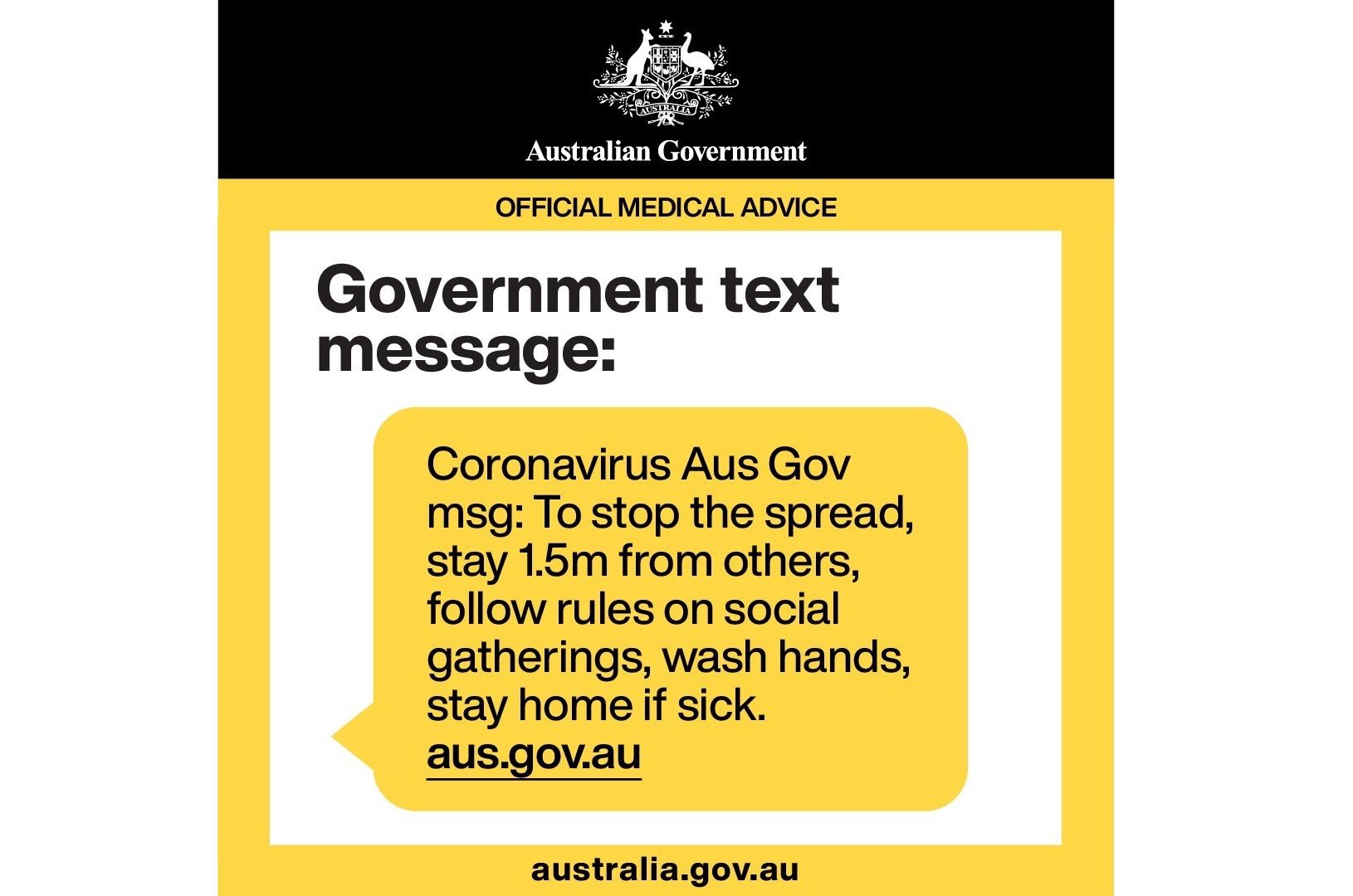Governments around the world have taken a wide range of measures in order to combat the economic fallout of the COVID-19 pandemic with a heavy emphasis on distributing cash transfers. At the Mind & Behaviour Group, ongoing studies on cash transfers conducted by our team of researchers aim to unpack the economic effects of giving cash particularly to those most vulnerable. In a policy brief series, we focused on how governmental and non-governmental organisations (NGOs) can incorporate research evidence into the design of cash transfers programmes.
Want to know about the latest content from Mind & Behaviour? Follow us on twitter to stay up to date.
Using “labels,” salient messages mentally linking a transfer to a particular purpose, can guide people in the intended use of a cash transfer and provide a clear structure for when, how, and for how long transfers will be available in order to allow people to plan effectively.
Adding reminders (e.g. SMS, pre-recorded voice messages) into cash transfer programmes can be a way to promote adherence to preventative guidelines as well as facilitate the formation of the required habits and behaviours of people.
Adding certain messages to cash transfers could help promote resource-sharing between community members and expand the reach of social assistance to vulnerable households that have been excluded.
Incorporating social norms-based messaging strategies (messages describing how the majority of people behave or reflecting their approval of certain behaviours) can be used in cash transfer programmes to increase compliance with public health guidelines.
Cash transfers can play a role in mitigating some of the negative effects of school closures during and after the ongoing pandemic. Research is still ongoing on how to incorporate behavioural messaging to increase investments in education.
Understanding the evidence on the impact of cash transfers on intimate partner violence against women can aid in the design of cash transfers programmes as well as inform potential behavioural add-ons to reduce the risk of violence.
Small monetary costs can reduce take-up of preventive health behaviours and how messaging can potentially encourage take-up.
Insights from behavioural economics and psychology help us communicate messages more effectively to target audiences. During COVID-19, these learnings were especially important to ensuring that policies are followed correctly, while negative outcomes of messages were minimised. Members and affiliates of the MBRG sought to support the use of best messaging practices, using learnings from our research work.

In response to the current pandemic, health officials must decide what messaging is needed in order to help curb the spread of COVID-19. Policymakers then face the decision on how best to communicate these messages to the general public.
In this presentation, members of the Mind & Behaviour Research Group lays out how those who want to get across particular messages can do so most effectively. This includes behavioural economics tricks for messaging around health, achieving particular purposes with transfers, while not attaching conditions, and intra-household dynamics.

The Mind & Behaviour Group’s COVID-19 message tracker collates government messages to its citizens about the pandemic and highlights behavioural methods deployed to help curb its spread.

For parents and families trying to protect them from distress, the news that children could be faced with in the current COVID-19 pandemic seems almost unspeakable. Together, we must find words, and ways, to give voice to their experience and prevent millions of children struggling with their fears and uncertainty alone.
A team from the Department of Child and Adolescent Psychiatry at the University of Oxford, led by Dr Louise Dalton and Dr Elizabeth Rapa, have developed a platform of resources to support professionals and families communicate with relatives and children when a patient is seriously ill or has died.
